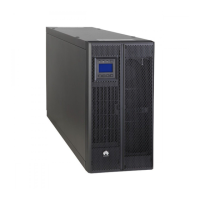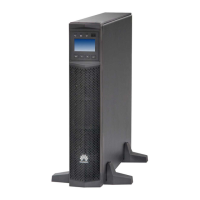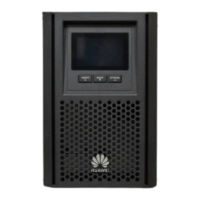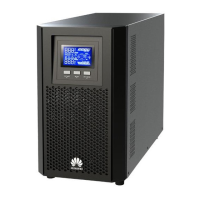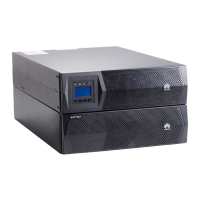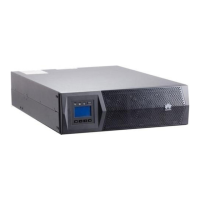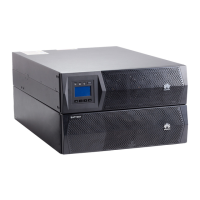● Inhalation: Evacuate from contaminated areas, get fresh air immediately, and
seek immediate medical attention.
● Eye contact: Immediately wash your eyes with water for at least 15 minutes,
do not rub your eyes, and seek immediate medical attention.
● Skin contact: Wash the aected areas immediately with soap and water and
seek immediate medical attention.
● Intake: Seek immediate medical attention.
Special requirements for lead-acid batteries:
When the battery temperature exceeds 60°C, check whether the electrolyte leaks.
If the electrolyte leaks, take proper measures promptly.
If the electrolyte leaks, follow the instructions of the battery manufacturer or use
sodium bicarbonate (NaHCO
3
) or sodium carbonate (Na
2
CO
3
) to neutralize the
electrolyte.
Recycling
● Dispose of waste batteries in accordance with local laws and regulations. Do
not dispose of batteries as household waste. Improper disposal of batteries
may result in environmental pollution or an explosion.
● If a battery leaks or is damaged, contact technical support or a battery
recycling company for disposal.
● If batteries are out of service life, contact a battery recycling company for
disposal.
● Do not expose waste batteries to high temperatures or direct sunlight.
● Do not place waste batteries in environments with high humidity or corrosive
substances.
1.3 Electrical Safety
Non-standard and improper operations may result in re or electric shocks.
UPSJZ-T-(1 kVA–3 kVA)
User Manual 1 Safety Information
2022-08-15 10

